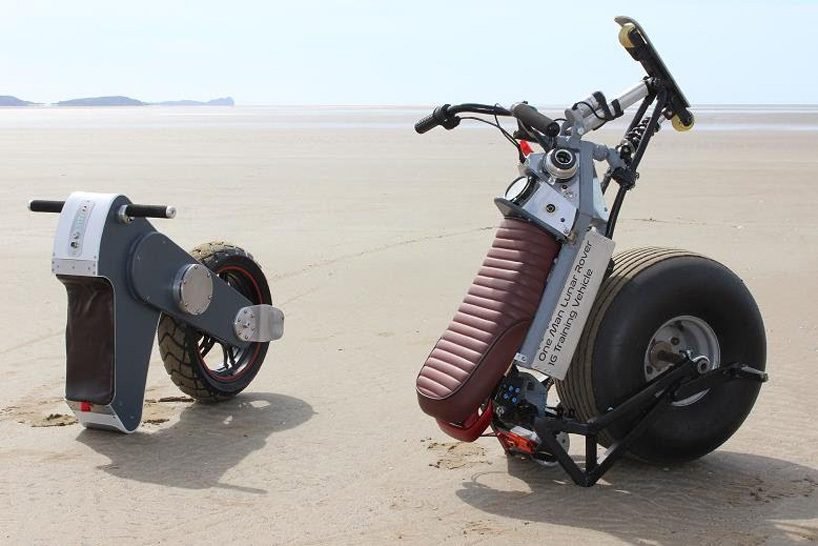
Car swiveltrays are a stylish and practical accessory that will keep all your car needs within reach. The swivel tray pivots in between the driver/passenger and has nine pockets to hold your most essential items. Another useful accessory is a PU leather backseat organize. The organizer is approximately 26"x18" in size and will fit most cars. It protects the back seat from scratches.
Luno Air Mattress
The Luno Air Mattress is an easy-to-inflate car camping accessory. The mattress's unique design uses the back seat floorboard to act as a box spring. For the rear seat floorboard, extra inflatable cubes have been included. It can be inflated and deflated in less than 30 seconds. You can simply flip the release lever to deflate your mattress and then roll it into an easy-to-carry bag.
Igloo road trip cooler
Since 1969, Igloo has been making high-quality, long-lasting coolers in the USA. This travel cooler features a swing-up handle and two molded handles for easy lifting. The 28-quart capacity offers ample storage space. This cooler doesn't require ice and has an 8-inch power cord. The unique design maximizes interior space for maximum cooling power and keeps food and beverages at 36 degrees Fahrenheit.

Hook for Ipely Headrest Hanger
An IPELY Headrest Hanger Hook is an ingenious way to turn your back seat into extra storage space. The hook is very sturdy and prevents items from rolling around on your seat. Hang anything you need, from your purse to your baby supplies, to organize them while on the move. And you don't need to disassemble your headrest to install it! Additionally, the installation of your headrest is done without risk.
Drive Auto Products Car Trash Can
The Drive Auto Products Car Trash Can can is a great travel accessory. It holds all your junk and allows you to keep your drinks chilled. You can also use it as a trash can and seat organizer. It holds 2.0 gallons and has two storage pockets on the side. You can choose from black or gray, with customers who bought the black model reporting that it was great for game-day cleanup.
Halmo’s CARhandGEL portable Stove
During the COVID-19 pandemic, Halmo's CARhandGgel portable sanitizing gel is the perfect road trip accessory. This portable gel dispenser is unique in that it was specifically designed for car cup holders. If you purchase custom-branded products, your vehicle can have its own customized gel dispenser. You can order your personalized sanitizing cream to use while driving.
Power inverter
While most power inverters are designed for a limited amount of battery life, some have a reserve capacity that means the battery will last longer if it is used 50% of the time. The battery reserve capacity is the amount of power a battery can hold when temperatures are between 60 and 75 degrees Fahrenheit. Lower temperatures will cause batteries to discharge faster. The best way to avoid a dead battery with a power inverter is to charge the battery fully before using it.

Portable EV charger
A portable EV charger can be added to your car to charge your electric vehicle. First, choose the type of plug that you want to use when using a portable EV charge. Type 1 and Type 2 are the two most popular types. Some EVs have the former, but it's not a must. A type 1 charger can work in most situations. However, the type 2 charger will have a different plug socket. You can avoid problems by choosing a Type 2 portable electric vehicle charger.
Portable solar panel
An excellent travel accessory is a portable solar panel. It can be mounted on the roof of a car or attached to the solar port in a camping caravan. These solar panels are not only very efficient, but also cost a lot. There are several different types of portable solar panels on the market. Some solar panels have batteries, while others lack them. Here are the top-rated types.
FAQ
What length of an automotive course is it?
An automotive course lasts for three years.
The first year is dedicated to theory and learning about cars. The second year is spent on practical training where you learn how to drive, fix engines, and do other mechanical jobs around the car. The last year is spent at a local shop, where you will get practical experience with real-world problems.
Is it worth becoming a mechanic?
The answer to that question depends on what your life purpose is. If you're looking for money, then it's true. But, if there are meaning and purpose in your life, then it's not.
If you don’t have any mechanical skills, it’s pointless to get into it. It will just waste your time. It's not going to make you rich. It's unlikely that you will be famous. It's unlikely that it will change your life.
You'd need to spend years learning how everything works. You would still need to hire someone to fix your car if it breaks down. This is why most people don’t bother. They find something better.
To sum up, if you want to earn lots of money then go ahead. You can't live a meaningful existence if your goal is to make a living in the mechanic's business.
What qualifications does a truck mechanic need?
You don't have formal qualifications for this role, but you are very experienced working on trucks and engines. Your experience is valuable because it allows you to diagnose problems quickly, efficiently and effectively.
You also have an excellent knowledge of diesel technology which will help you to understand what parts are needed to repair our vehicles.
How do I fix my vehicle as a hobby?
If you are interested in cars, why not take it on as a hobby? You could repair them yourself, buy parts for them and sell them. Or just have fun with them. If you are looking for something more, it would be an excellent hobby.
It's difficult to make this a fulltime job. It takes dedication and hardwork. And you'll need to invest a lot of money too.
If you don't have any good reasons to be involved in cars, it may be better to just let it go.
Is it hard to get a job working as an auto mechanic?
It is possible. Garages often advertise their jobs online and people just apply because it seems fun. To get your foot in front of the door, try applying for a few positions to see if any accept student applications. Another option is to ask family members and friends if anyone works in this industry. They might be happy to recommend someone.
Statistics
- According to the BLS, the median annual salary for automotive service technicians and mechanics in the United States was $44,050 in May 2020. (uti.edu)
- According to the BLS, total auto technician employment is expected to exceed 705,000 by 2030. (uti.edu)
- Apprentice mechanics earn significantly less hourly than mechanics who have completed training, with a median wage of approximately $14.50 an hour, according to PayScale. (jobhero.com)
External Links
How To
How to Become an Auto Technician
An automotive technician is responsible for vehicle maintenance and repair. He/she works at car dealerships, auto shops, garages, service centers, etc. He/she works with customers to repair their cars and trucks, ATVs or snowmobiles. An automotive technician must be able to diagnose problems and make repairs quickly, safely, accurately, and efficiently.
To become an automotive technician, a person must first earn an associate's degree from a vocational college. After completing the program, he/she must pass ASE certification. ASE stands for American Society of Mechanical Engineers. Two sections make up the ASE certification examination. One section tests knowledge of mechanical components, while the other section tests skills in practical areas. You must attend one of the authorized testing sites to take the test. These locations can be found online, or by contacting your local car dealer.
Before becoming an automotive technician, a candidate must pass the test. This process can vary depending on where the applicant lives. Some states require applicants to take a training course while others allow them the freedom to study on their own. In addition, some states license technicians immediately after they receive their license, while others wait until they have completed at least six months of employment as an automotive technician.
To become an automotive technician, one must apply at a local dealership. Most new employees begin as apprentices once they are hired. Apprenticeship programs last about three years. A student will learn to repair basic things like changing oil, adjusting brakes or replacing tires. They also learn how spark plugs are cleaned and inspect engine compartments. Some students learn how to do advanced repairs, such as installing air filters, replacing shocks, repairing engines, and replacing transmission fluids. Schools offer classes during business hours. However, some schools offer evening classes if needed.
Once a student is done with his/her apprenticeship he/she can become a master journeyman. Journeymen spend typically four to five years learning to install major systems such as transmissions and differentials, steering gear, suspensions and drive shafts. They are also taught how to troubleshoot electrical components and remanufacture engines. Because they have the experience and knowledge to do the job right, employers love hiring journeymen.
If a candidate successfully passes the required exams and receives a license, he/she might want to consider starting his/her own shop. According to Bureau of Labor Statistics (2010), almost 1.7million automotive mechanic jobs were on the market. This figure is expected to rise 18 percent between 2009-2020. When a candidate plans to open his/her own shop he/she should be ready to invest thousands of dollars in equipment.
There are many factors that affect the salary of an automotive technician, such as where they live, their education and experience. A jobless person can expect to make $20,000 per year. A high school diploma is all that's required to earn approximately $21,000 annually. Those with an associate's degree earned approximately $24,000 per year. A technician with a bachelor's degree earned approximately $27,000 annually. The average annual salary for those with master's degrees was $32,000. Salaries are increasing so that a professional earning less than $30,000 could expect to make $40,000 in a few years.